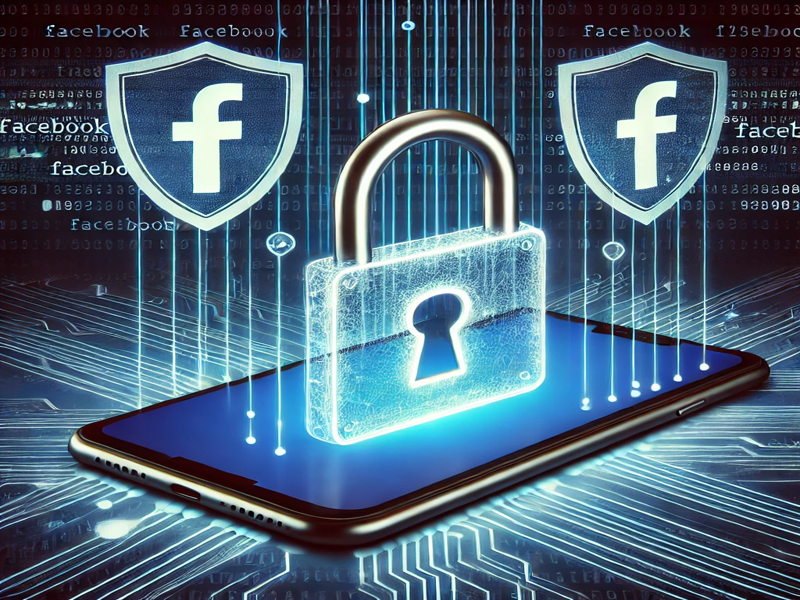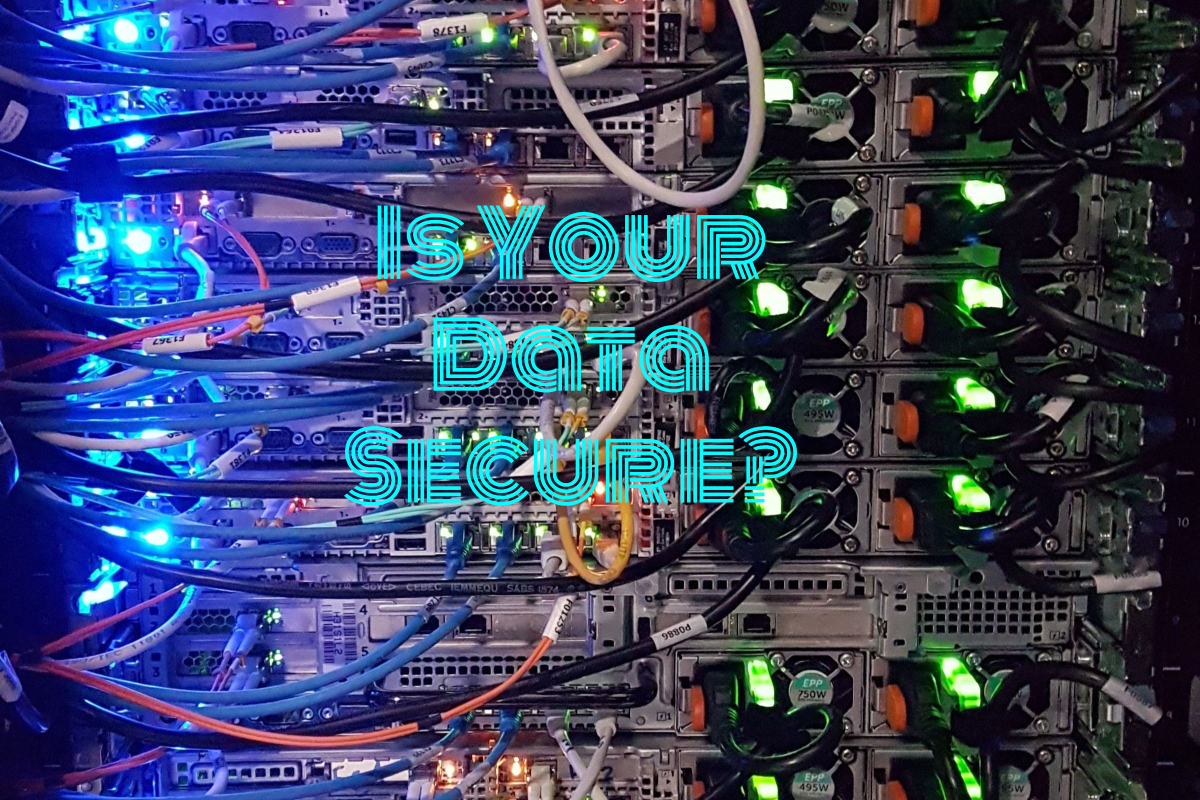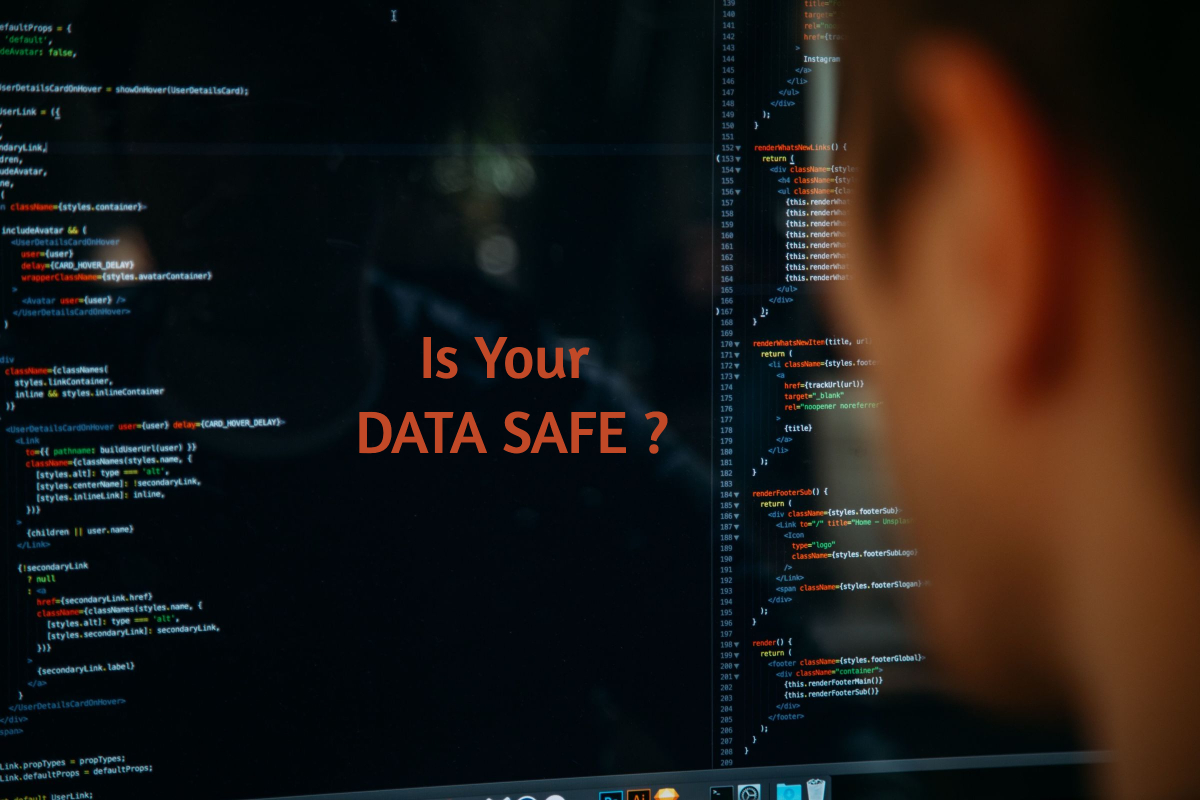Facebook Data Breach Settlement
Millions of users have joined a class-action lawsuit against Facebook, now Meta, alleging negligence in protecting user data during a massive data breach. The lawsuit claims that Facebook failed to implement adequate security measures, allowing unauthorized access to sensitive user information, including email addresses, phone numbers, and personal details.
The data breach, which occurred over several months, exposed the private information of more than 500 million users worldwide. Plaintiffs argue that Facebook’s lack of transparency and delayed response exacerbated the damage, leaving users vulnerable to identity theft and other cybercrimes.
Is the Case Strong? The case against Facebook appears compelling, bolstered by investigative reports and regulatory findings that highlight lapses in the company’s data protection practices. For instance, internal communications revealed during the trial show that Facebook was aware of vulnerabilities in its systems but failed to address them promptly. Additionally, the company’s history of data privacy controversies adds weight to the plaintiffs’ claims.
Legal experts suggest that the outcome will hinge on whether the plaintiffs can prove negligence and demonstrate tangible harm resulting from the breach. Precedents in similar cases, such as those involving Equifax and Yahoo, indicate that courts are increasingly holding corporations accountable for data breaches, particularly when negligence can be established.
Facebook’s defense is likely to focus on the argument that no system is entirely immune to cyberattacks and that the company took reasonable steps to secure user data. However, critics point out that Facebook’s recurring privacy issues suggest a pattern of systemic failures rather than isolated incidents.
Who Should Bear Responsibility? Responsibility for safeguarding user data lies primarily with Facebook. As one of the largest social media platforms in the world, the company has a duty to implement robust cybersecurity measures and maintain user trust. The breach underscores the need for continuous investment in security infrastructure and a proactive approach to identifying and mitigating risks.
Regulators also play a critical role in enforcing data privacy laws and ensuring compliance. Governments worldwide are increasingly adopting stricter regulations, such as the European Union’s General Data Protection Regulation (GDPR), to hold companies accountable for data protection. Advocacy groups and privacy watchdogs are essential in pushing for greater transparency and stronger penalties for non-compliance.
Users, too, have a role to play in protecting their online presence. By using strong passwords, enabling two-factor authentication, and staying informed about potential risks, individuals can reduce their vulnerability to cyber threats.
The Facebook data breach settlement highlights the growing importance of data privacy and accountability in the digital age. As technology continues to evolve, ensuring the protection of user information must remain a top priority for corporations, regulators, and individuals alike. The case serves as a stark reminder that failing to prioritize cybersecurity can have far-reaching consequences for both businesses and consumers.
For Facebook, this lawsuit represents an opportunity to rebuild trust and demonstrate its commitment to user privacy. By addressing vulnerabilities and adopting stricter data protection policies, the company can set a positive example for the industry and avoid similar issues in the future.
Ultimately, the resolution of this case will likely influence the broader conversation about data privacy, setting new standards for corporate accountability and user protection. As the digital landscape becomes increasingly complex, collaboration among stakeholders will be key to fostering a safer and more secure online environment.




